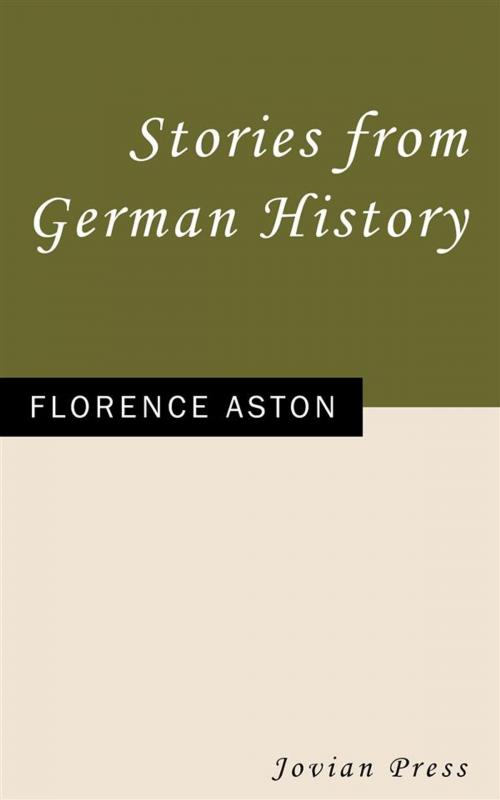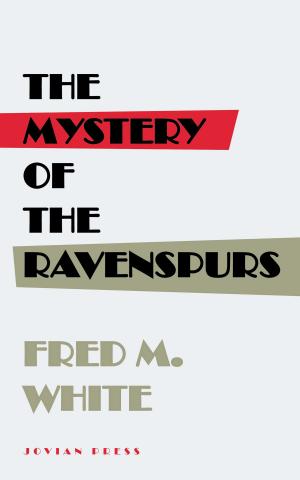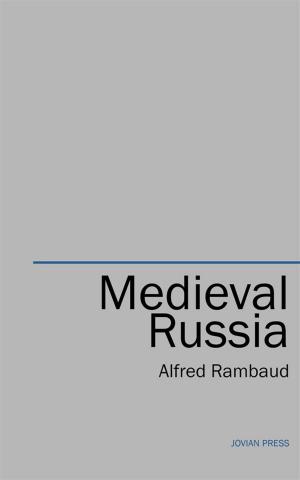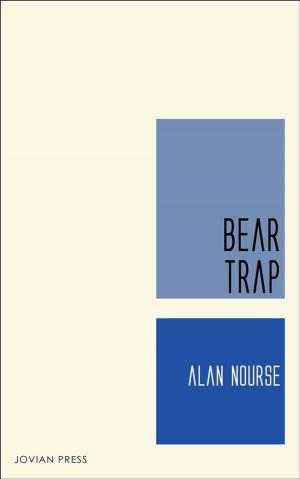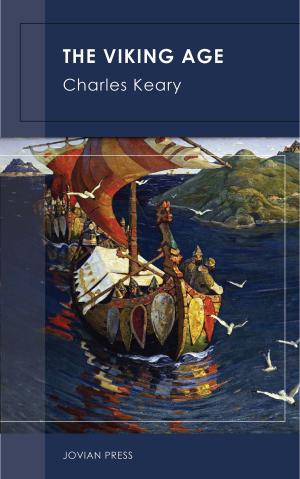| Author: | Florence Aston | ISBN: | 9781537807102 |
| Publisher: | Jovian Press | Publication: | November 9, 2016 |
| Imprint: | Language: | English |
| Author: | Florence Aston |
| ISBN: | 9781537807102 |
| Publisher: | Jovian Press |
| Publication: | November 9, 2016 |
| Imprint: | |
| Language: | English |
The name of Julius Caesar, warrior and conqueror, has been renowned through the ages, and its fame has suffered no eclipse to this day. In the earlier part of the century before the birth of Jesus Christ, Cesar reduced to submission a large part of Europe, securely established the foundations of the Roman Empire, and was penetrating into Asia and North Africa when he was struck down in the year 44 B.C. After his death his nephew, the Emperor Augustus, who succeeded him, sent governors to rule all those broad lands that had become subject to Rome.
Augustus was still Emperor when Jesus Christ was born. The country of the Jews formed part of his realm, and he it was who took that census of his people which caused Joseph and Mary to journey to Bethlehem. One of the governors whom Augustus sent to rule in Palestine was Pontius Pilate, the judge who delivered Christ to suffer death at the hands of the Jews.
Now the Romans were ever a warlike and ambitious race, and they sought to extend the empire won by Julius Caesar, never resting from their labour of conquest, never seeking content in the blessings of peace. And having subdued many tribes in Gaul, they found themselves confronted by the race to which they gave the name of Germans.
The territory of the Germans was large, extending from the frozen Baltic and the North Sea southward to the Danube, and from the Rhine to the Vistula and even beyond, into the land which we now call Russia.
Impenetrable forests covered the land; huge oak, pine, and beech trees formed giant barriers which were rendered the more mysterious by the dense fog and mist peculiar to that damp, cold country. And through the gloomy forests, underneath the giant trees, flowed great rivers, with here and there waterfalls and torrents which gave sound and life to the vast wilderness. But in the desolate tracts that lay far remote from these large rivers, and from the cultivated lands, the country was mainly swamp where black mid oozed from moss and rushes, and silence brooded over the misty scene.
Imagination could conceive no land more desolate than the grey, cold forests of ancient Germany. Wolves and big brown bears lurked in the shadows, huge wild oxen emerged to drink at the rivers, fierce boars multiplied undisturbed under the cover, and in the air eagle and falcon wheeled and screamed above their nests among the rocks...
The name of Julius Caesar, warrior and conqueror, has been renowned through the ages, and its fame has suffered no eclipse to this day. In the earlier part of the century before the birth of Jesus Christ, Cesar reduced to submission a large part of Europe, securely established the foundations of the Roman Empire, and was penetrating into Asia and North Africa when he was struck down in the year 44 B.C. After his death his nephew, the Emperor Augustus, who succeeded him, sent governors to rule all those broad lands that had become subject to Rome.
Augustus was still Emperor when Jesus Christ was born. The country of the Jews formed part of his realm, and he it was who took that census of his people which caused Joseph and Mary to journey to Bethlehem. One of the governors whom Augustus sent to rule in Palestine was Pontius Pilate, the judge who delivered Christ to suffer death at the hands of the Jews.
Now the Romans were ever a warlike and ambitious race, and they sought to extend the empire won by Julius Caesar, never resting from their labour of conquest, never seeking content in the blessings of peace. And having subdued many tribes in Gaul, they found themselves confronted by the race to which they gave the name of Germans.
The territory of the Germans was large, extending from the frozen Baltic and the North Sea southward to the Danube, and from the Rhine to the Vistula and even beyond, into the land which we now call Russia.
Impenetrable forests covered the land; huge oak, pine, and beech trees formed giant barriers which were rendered the more mysterious by the dense fog and mist peculiar to that damp, cold country. And through the gloomy forests, underneath the giant trees, flowed great rivers, with here and there waterfalls and torrents which gave sound and life to the vast wilderness. But in the desolate tracts that lay far remote from these large rivers, and from the cultivated lands, the country was mainly swamp where black mid oozed from moss and rushes, and silence brooded over the misty scene.
Imagination could conceive no land more desolate than the grey, cold forests of ancient Germany. Wolves and big brown bears lurked in the shadows, huge wild oxen emerged to drink at the rivers, fierce boars multiplied undisturbed under the cover, and in the air eagle and falcon wheeled and screamed above their nests among the rocks...
